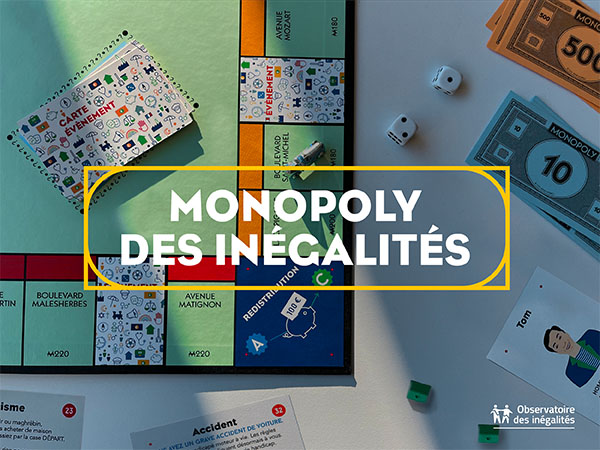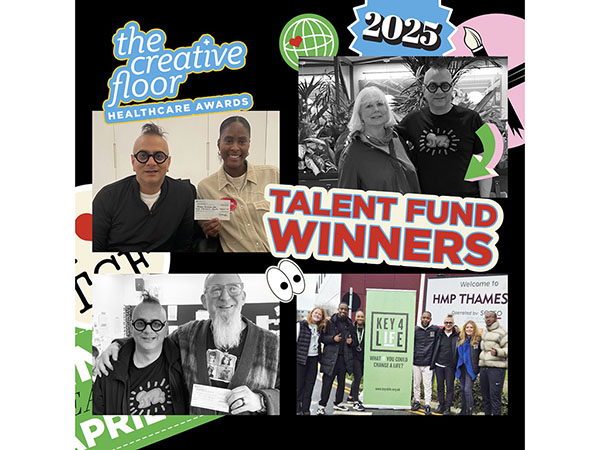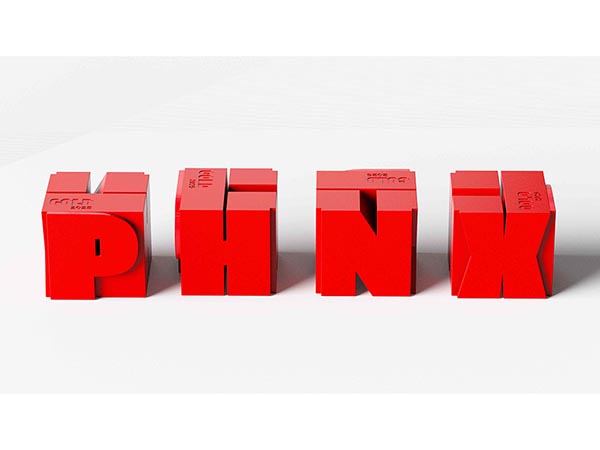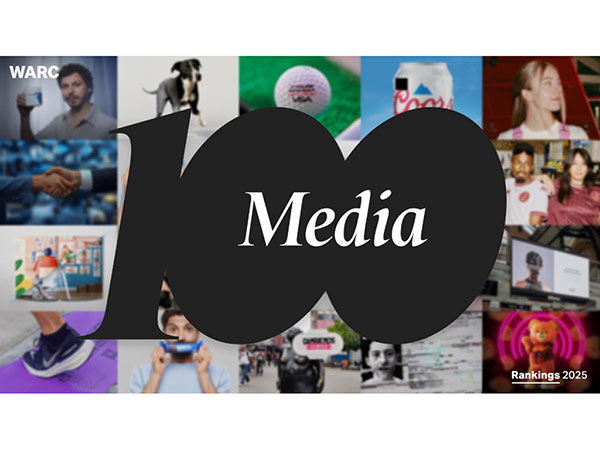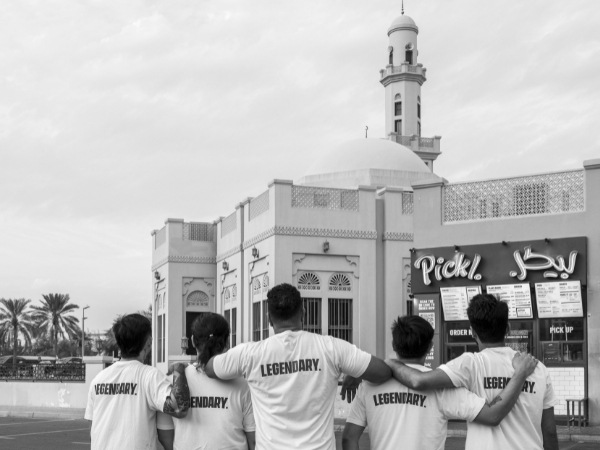News - Advertising
French Agency Herezie Launches 'Monopoly of Inequalities'
January 11, 2022

A new project from Paris agency Herezie, which worked with the Observatoire des Inégalités (Observatory of Inequalities) in France to develop a modern extension to Monopoly, has recently been awarded Mobile Grand Prix at Eurobest for the campaign Cités.
Designed as an educational tool, the “Monopoly of Inequalities”, available on the association's website, is part of a toolkit to help children learn about today's social justices and inequalities. The updated version of the famous board game reflects the original edition except, instead of a token, players are assigned characters.
Game play shows how opportunities are different for these characters, based on their traits, background and personal beliefs. The extension, which was originally developed in 2017, has been revamped and is part of the association's new toolkit designed to encourage discussion about social inequalities and what can be done about them.
A game built by professionals following several years of thinking.
Founded in 2003, the Observatory of Inequalities is an independent organisation created to report on inequalities in France and Europe.
In 2017, the organization launched a reflection on the issue of inequalities in France through a video that has gone viral with 30 million organic views on Facebook alone. Children play a game of Monopoly with adapted rules to reflect the reality of today’s society.
A game accessible to all inspired by the rules of Monopoly
The “Monopoly of Inequalities” extension, available in the toolbox, completes the classic Monopoly board (game board not supplied). The original rules have been adapted to reflect the real inequalities in our society. For example, girls earn less than boys by going through square one, some players start the game with a heritage of houses positioned on the board, others will only be able to play with one dice, etc.
Unlike traditional play, players are not treated equally. Everyone puts themselves in the shoes of a character, dealt out at the start of the game, and discovers, through the rules and “event” cards, injustices that may or may not apply to them depending on their characteristics. Each rule is justified by data that allows the facilitator to objectify the discussions.
The game aims to change mentalities and prejudices and reject stigmatization. It encourages the development of a spirit of tolerance and encourages empathy. It encourages people to react to situations of injustice or discrimination. It encourages us to question ourselves about success (which is not necessarily synonymous with wealth) in the face of its own barriers.
And if, in the longer term, this educational game generates a commitment to associative, civic or collective action, the game will then really be won!
“The initiative is fantastic for the simple reason that you can tackle extremely serious and important topics in a playful way and in a way that makes young people want to take an in- terest in the issue,” said Elisabeth Moreno, French Minister responsible for Equality between Women and Men, Diversity and Equal Opportunities.
A game that isn’t really a game.
The approximately 30-minute part of “Monopoly of Inequalities” is part of a two-hour educa- tional workshop, including a 1.5-hour debate, accessible from 11 years old. This time for discus- sion and exchange responds to players’ reactions to their gaming experience and invites them to reflect on how, individually or collectively, they can overcome obstacles and change the rules of society.
Credits:
Brand: Observatoire des Inégalités
Brand Manager: Constance Monnier
Project Manager: Tristan Bouvier
Managing Director: Louis Maurin
Creative agency: Herezie
Chief Executive Officer: Andrea Stillacci
Executive Creative Directors: Paul Marty, Etienne Renaux
Art Director: Marie Dutech, Léo Michel
Copywriter: Léo Michel, Marie Dutech


